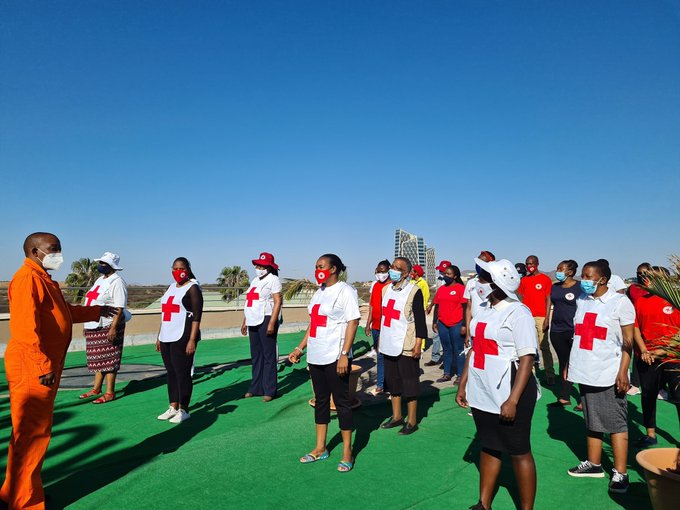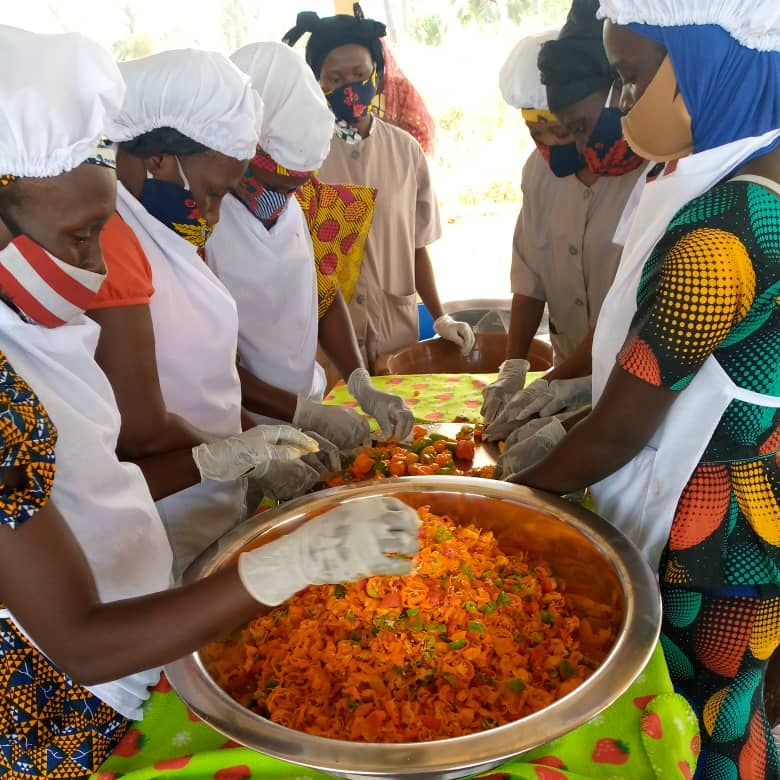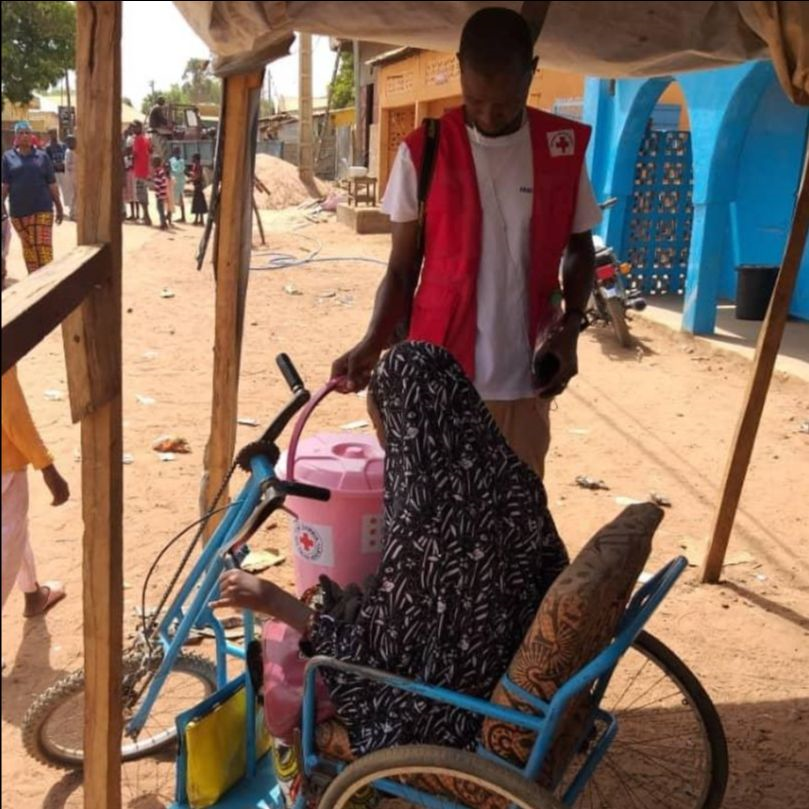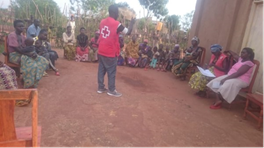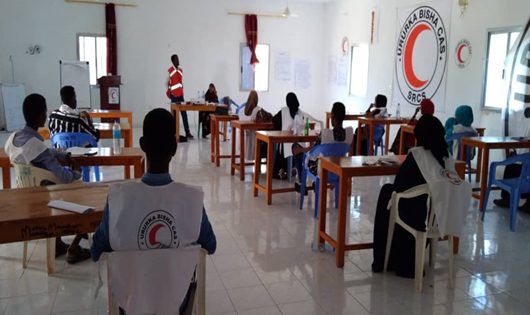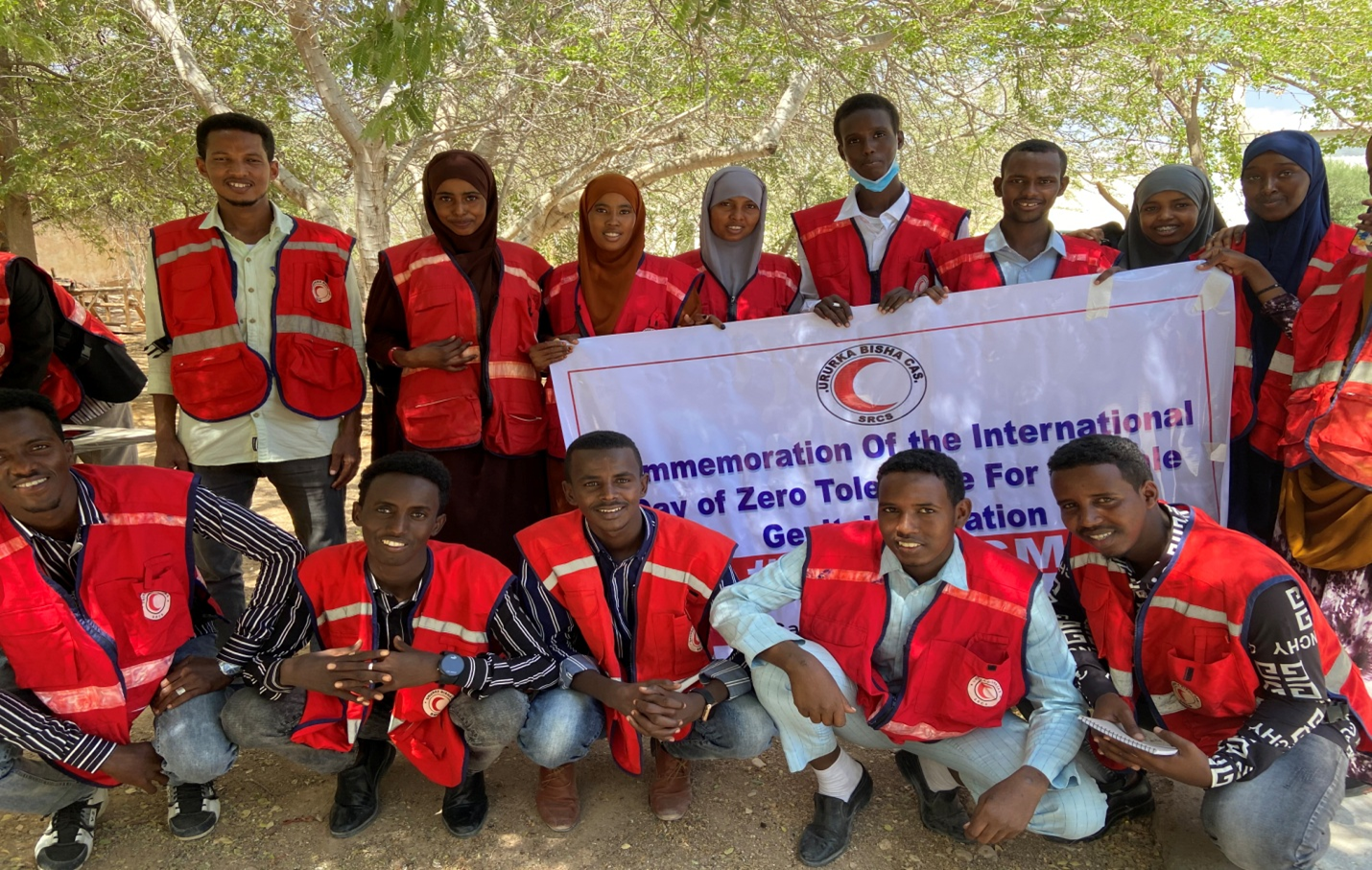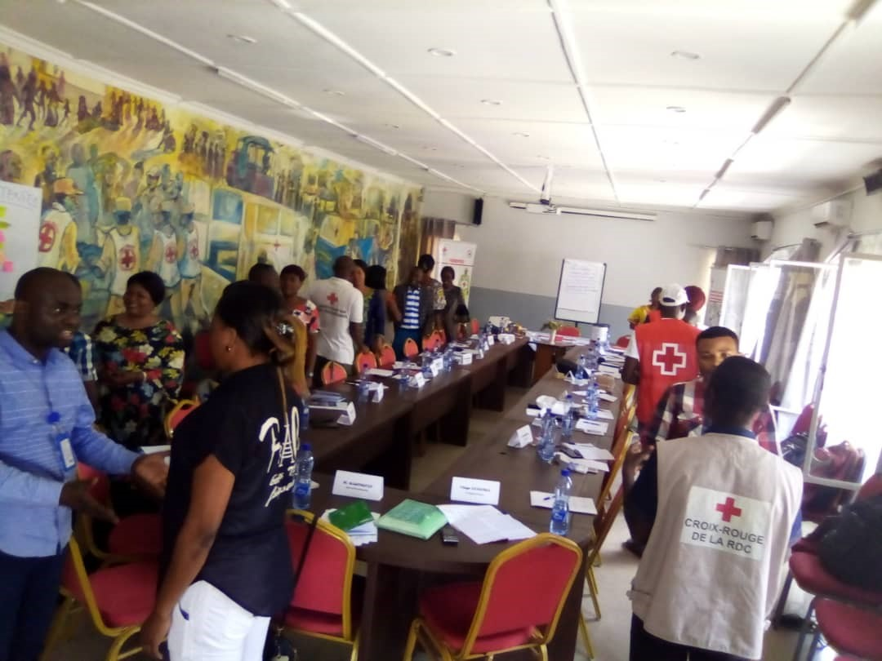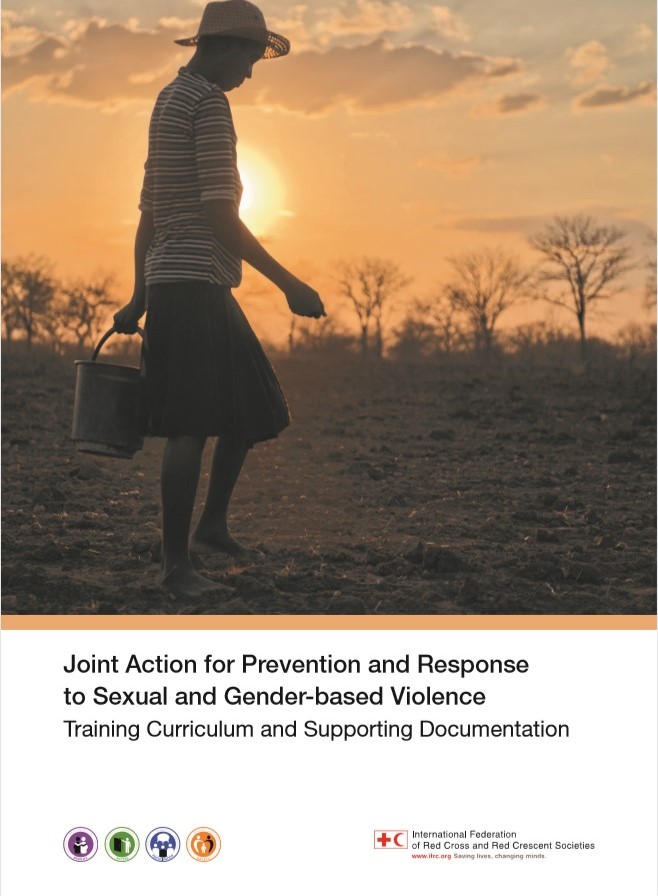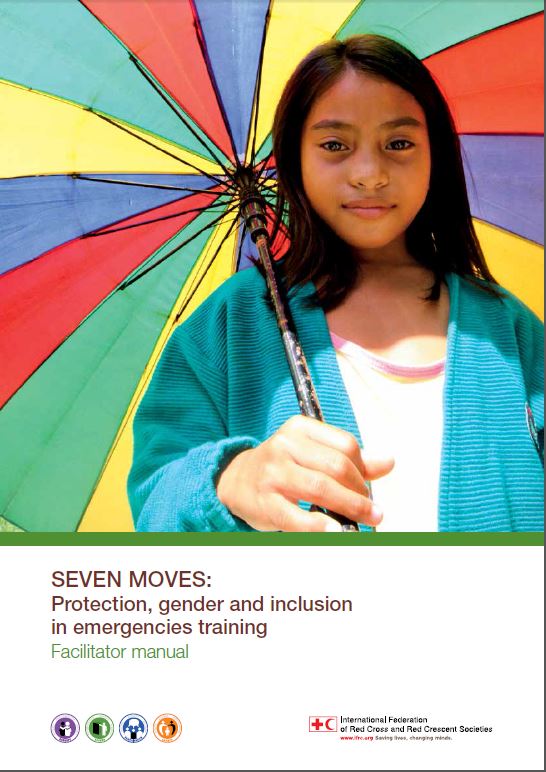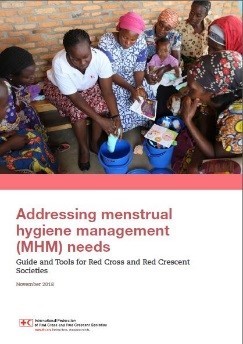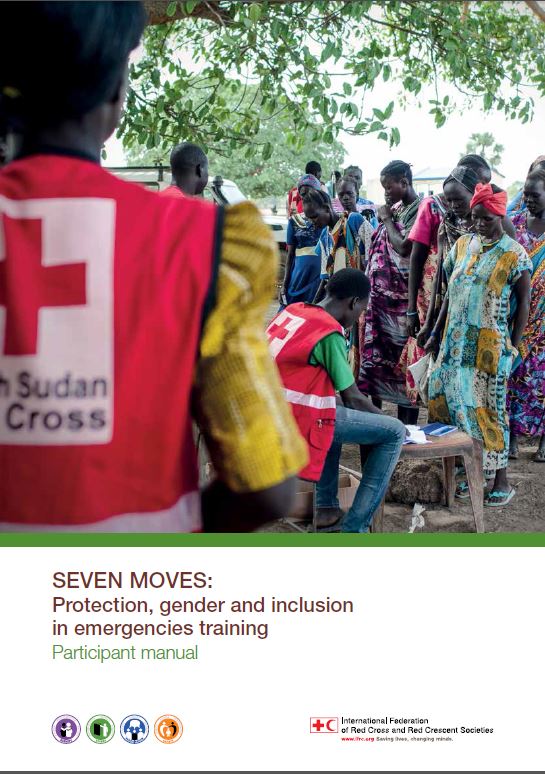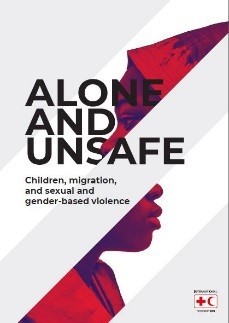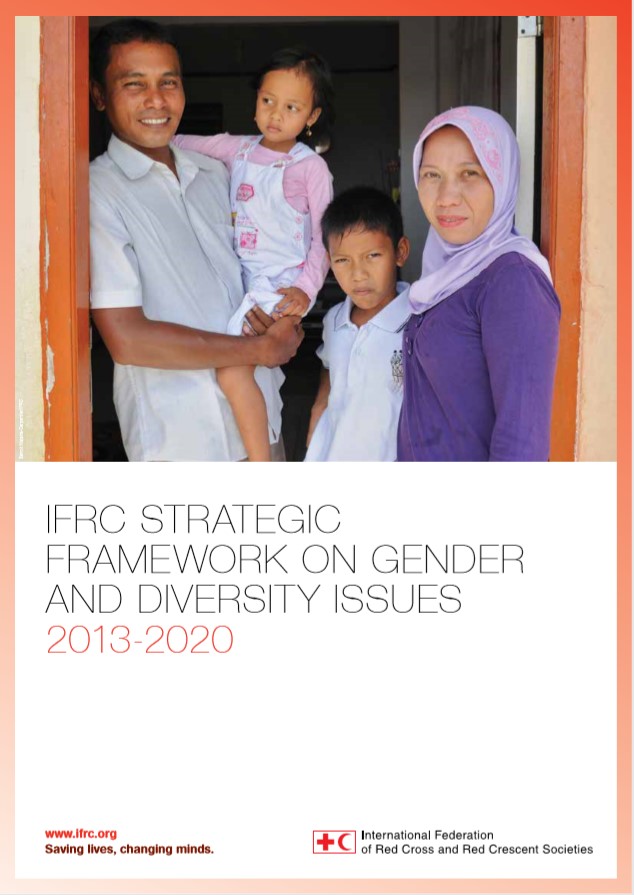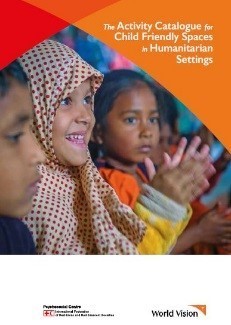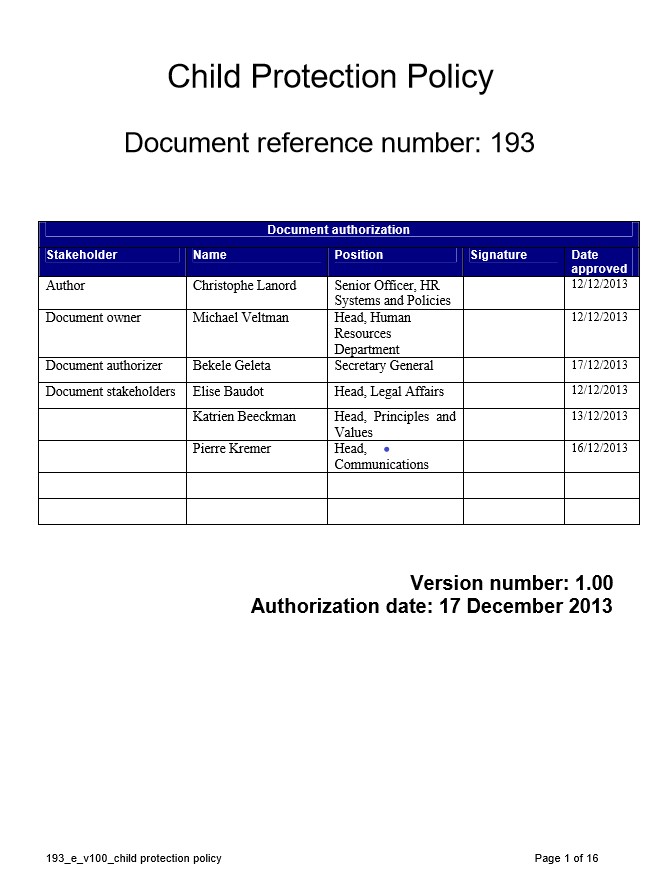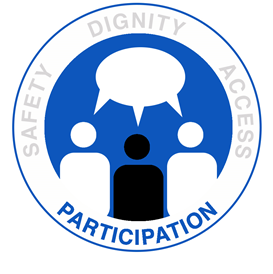National Societies in the Southern Africa Cluster continue to play a leading role in the development and adoption of PGI-related instruments. Following the adoption of a PSEA policy by Cruz Vermelha de Moçambique, the Malawi RCS became the second NS in the Cluster to do so, this past quarter. The MRCS PSEA policy is the product of extensive input and collaboration from a number of PGI and legal focal points, including the Cluster PGI Team, and is fully aligned with IFRC standards. The PGI Team is pleased to report that a PSEA policy is in the development stage at the Zambian RCS, and that there are confirmed plans to develop policies with the Baphalali Eswatini, Lesotho and Namibia Red Cross Societies. This process has already begun in Namibia, with a PGI Team mission to the country in February, and will begin in Lesotho at the end of the month when Dr Mugoni and Daniel travel there on mission. The Zambia RCS has also developed a progressive and comprehensive policy on discrimination and harassment. The National Society is in the advanced stages of revision thereof, with the PGI Team standing ready to support with final revisions.
IFRC and UNICEF held joint learning series targeting IFRC and National Societies staff in PGI, disaster law, PSS staff and UNICEFs staff in child Protection, GBV, Gender. The learning series had 6 sessions with different topics on prevention and response SGBV and it aimed at strengthening IFRC, National society and UNICEF capacity and collaboration in SGBV prevention and response at country level to ensure we offer quality support to communities through working together.
Regional PGI team recently launched the PSEA Operational Manual for the English and French National societies on the 16th and 17th March 2021, respectively. The launch was graced by the Regional Director, Africa Mr. Mohammedomer Mukhier and other speakers. The manual will help IFRC and National Societies establish a safe and accessible referral pathway for victims/survivors of Sexual Exploitation and Abuse (SEA) as well as offer great support to staff in field operations to implement practical solutions that adhere to the Inter-agency Standing Committee Minimum Operating Standards on Prevention and Response to Sexual Exploitation and Abuse (PSEA).
( Somalia Red Crescent, Burundi and DRC Red Cross) carried out Sexual and Gender Based Violence ( SGBV) activities in the Covid-19 response:
DRC Red Cross 40 volunteers from the DRC Red Cross Kinshasa branch, were trained on Gender and Sexual and Gender Based Violence (SGBV) prevention and response. From the training 15 volunteers including 3 wash officers were selected to sensitize the community on SGBV in 5 markets in Kinshasa ( Sola, Gambela, Matété, Fer bois, Liberté).
Burundi Red Cross :15 staff and 30 Volunteers from Burundi Red Cross were trained on the prevention and management of SGBV cases and the fight against SGBV in the context of Covid -19 pandemic
Somalia Red Crescent, Puntland : 45 volunteer and community resource person in Bosaso, Garowe and Galkacyo in Somalia Red Crescent, Puntland were trained on SGBV prevention and response during the Covid-19 response .
Empowerment Programes:
Nigeria Red Cross Trained 80 members of 4 mothers clubs and 2 fathers clubs in Diomona and Kindaji on child protection and SGBV prevention and response from February 18 to 25, 2021.
Gambia Red Cross :• Through an initiative called "Smile for Hope” Gambia Red Cross, Kanifing Municipal Red Cross Branch Gender Unit started a pad drive campaign to support vulnerable girls who could not afford to buy sanitary towels especially during the Covid-19 pandemic. The initiative will ensure vulnerable girls in Kanifing are sensitized on Menstrual Hygiene Management and receive sanitary towels.
South Africa Red Cross : conducted feeding and meal delivery schemes for orphaned and vulnerable children (OVC) in various locations across the country, in keeping with the extensive feeding programmes which SARCS has long carried out.
Inclusion of Persons with Disabilities :
Côte d'Ivoire trained 65 Presidents of associations of people with disabilities from 65 localities in Korhogo, Daloa, Grand-Bassam and San Pedro from December 2020 -January 2021 on Knowledge of the Red Cross, COVID 19 prevention response , PGI and Risk Communication and Community Engagement. They also celebrated the World Day of Persons with Disabilities on December 03, 2020
Burundi Red Cross conducted a training for persons with hearing impairments on Covid 19 on the 19 December 2020
Gambia Red Cross in collaboration with Gambia organization of the disabled trained 20 volunteers on how to respond to the needs of persons with disabilities during the Covid-19 response. The volunteers have since trained other volunteers and they continue to provide basic support to persons with disabilities while sensitizing them on Covid-19 prevention and response
